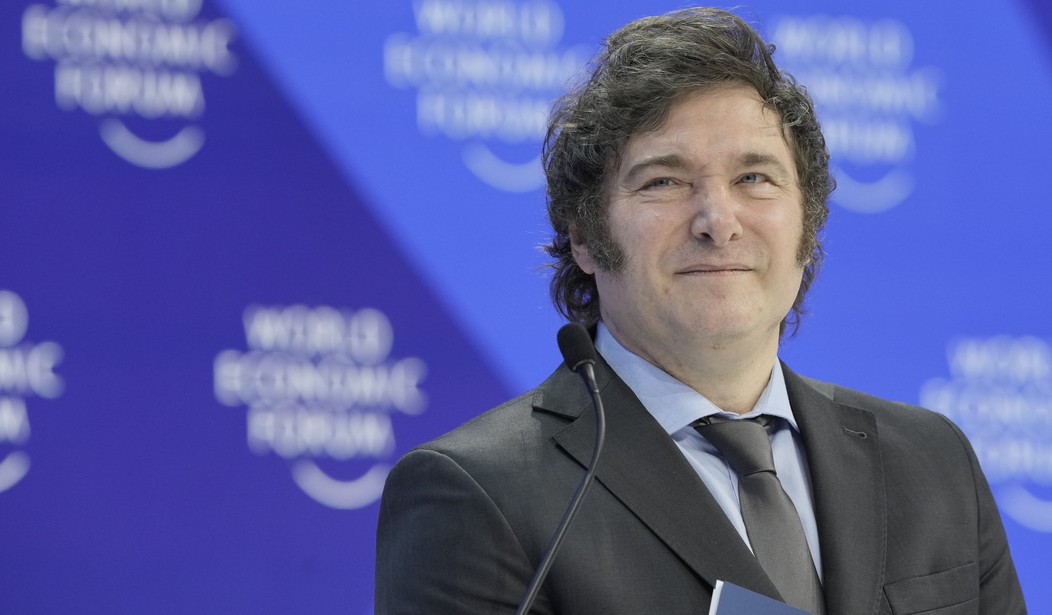Argentinian President Javier Milei’s figurative chainsawing of the government bureaucracy appears to be paying off – and he is only about two months into his presidency. The country reported its first monthly budget surplus in almost 12 years, signaling a seismic shift in policy under Milei’s administration.
This achievement marks a tremendous accomplishment under its new libertarian leader, who ran on a platform of shrinking the government as much as possible.
The government of Argentina has posted its first monthly budget surplus in more than a decade — a major milestone for the new libertarian president, Javier Milei. His economic and budgetary reforms still face an uphill battle in his legislature, however.
With inflation and poverty ravaging much of the country, Mr. Milei’s stated goal of “shock therapy” for the nation has been met with adulation from ideologues young and old, and scorn from union bosses.
The nearly $600 million monthly surplus is the first to occur since August 2012, and the monthly inflation rate even fell in January to 20.6 percent from 25.5 percent. “The zero deficit is not negotiable,” the Economy Minister, Luis Caputo, says on X.
On February 2, the chamber of deputies passed a framework agreement for Mr. Milei’s reforms aimed at privatizing state companies, deregulating the economy, and making changes to the nation’s criminal and environmental laws. The legislature is still debating the fine text of the package, but if it passes, it would mark a significant victory for Mr. Milei’s libertarian theory of governance.
“They understood the historical context and chose to end the privileges of the caste and the corporate republic, in favor of the people, who have been impoverished and are hungry,” Mr. Milei said after the lower chamber passed the preliminary motion on his reform package.
This is pretty impressive considering that January was Milei’s first full month running the country. Pulling off this type of fiscal outcome is a significant feat considering that it includes the interest payment on the public debt.
Milei’s tenure has already been characterized by bold, sweeping reforms intended to shrink the size of the government and allow for more freedom in Argentina’s economy. Shortly after taking the reins, Milei began slashing government agencies, especially those intended for useless programs intended to push a decidedly leftist agenda.
In November, Argentina reached 183 percent inflation for 2023, impoverishing around 40 percent of the country, a reality that helped sweep Milei into power. Now, he's taking action, with his first move in office being an executive order that slashes the number of government ministries from 21 to nine. Among those put on the chopping block was the ministry of "women, genders, and diversity," a move he recently telegraphed in his criticisms of "social justice."
Late in December, Milei continued cleaning house, laying off 5,000 state employees.
Milei has already done away with most of the government’s various ministries. Now, his administration is further seeking to reduce government expenditures and the overall size of the state by laying off an estimated 5,000 government employees. This move is intended to streamline the government’s workforce as it grapples with devastating inflation.
The fact that Milei has already accomplished so much signals positive things for Argentina’s future, even if the path won’t exactly be full of roses and sunshine. Unraveling the damage caused by decades of socialist policies will certainly not be easy. But with Milei at the helm, the country has a chance of finally pulling itself out of its current economic morass.













Join the conversation as a VIP Member